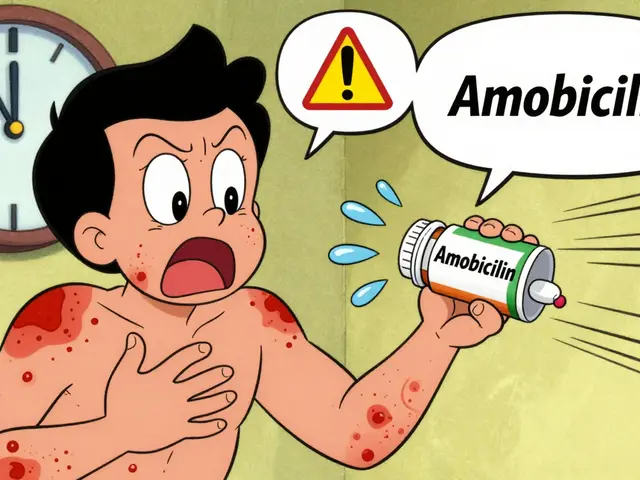Mental Health: Practical Guides, Medications, and Safety Tips
Mental health care can feel confusing: different meds, side effects, and online advice that doesn't always help. This page pulls together practical, simple guides and drug reviews so you can make better choices and ask smarter questions at your next appointment. Want straightforward info on antidepressants, interactions, or alternatives? You're in the right place.
Quick guides and medication reviews
Looking for common meds like Celexa (citalopram) or options for neuropathic pain? We have plain-language breakdowns that cover how a drug works, what to expect, and realistic side effects. For example, our Celexa piece explains typical benefits and the side effects people report most—like sleep changes or sexual side effects—so you know what to watch for. If a med isn't working or the side effects are rough, we list alternatives such as other SSRIs or non-drug options so you can discuss them with your doctor.
Some posts dig into specific issues, like herbal supplement interactions with imipramine. That article explains why St. John's wort, valerian, or kava can change how antidepressants act and when those combinations can cause unwanted effects. We also review drugs often used off-label for mental health symptoms—what evidence supports them and when a specialist referral makes sense.
Safety, interactions, and real-world tips
Safety should come first. Our pages focus on practical steps: tell every provider about all medicines and supplements you take, start new drugs at lower doses when advised, and keep a symptom log during the first few weeks. If you take two drugs that raise serotonin, know the signs of serotonin syndrome (sudden agitation, high heart rate, sweating, confusion) and call your clinician immediately if they appear.
Online pharmacies and buying meds online are covered too. We explain how to spot legitimate pharmacies, what prescriptions you must have, and red flags like prices that seem too good or no pharmacist contact. For people considering alternatives—whether to Neurontin for nerve pain or different antidepressants—we summarize pros and cons so your conversation with the prescriber is focused and useful.
Want help deciding what to read first? Start with a short checklist: 1) Identify your main symptom (low mood, panic, sleep loss), 2) Read the matching medication or treatment guide, 3) Note any current meds or herbs, and 4) Bring that list to your provider. Our posts are written to give you clear talking points and realistic expectations, not to replace medical advice.
If you have a specific question—side effects you’re worried about, a drug interaction, or how to switch meds—use our articles as a starting point and then reach out to a clinician. Practical info + a good clinician = better mental health care.





